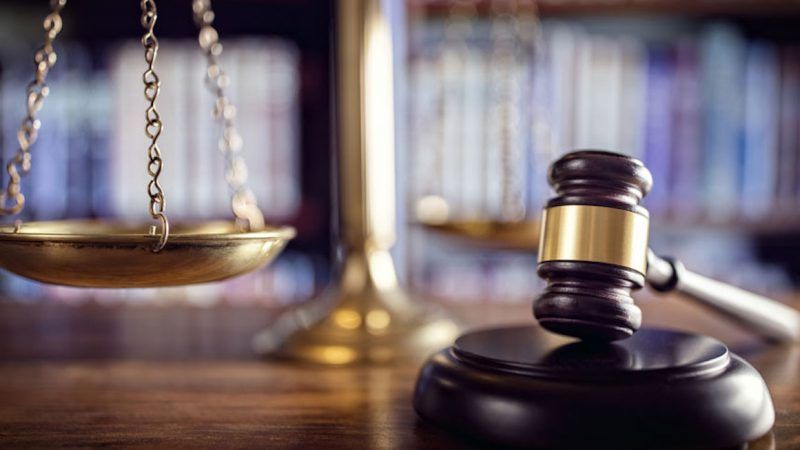Another State Supreme Court Stands Up for Economic Liberty
Following Georgia's ruling in favor of a lactation consultant, Pennsylvania’s high court reviews another “unreasonable” occupational licensing scheme.

On Monday the Georgia Supreme Court ruled in favor of Mary Jackson, a veteran lactation consultant with decades of experience, who is fighting a 2018 state law that requires lactation consultants to obtain a government-issued occupational license before they are allowed to give professional advice about breastfeeding. "We have long interpreted the Georgia Constitution," the court said in Jackson v. Raffensperger, "as protecting a right to work in one's chosen profession free from unreasonable government interference."
It was a welcome win for economic liberty. It was also, as I noted, the latest example of a state supreme court doing something that the U.S. Supreme Court now mostly refuses to do: namely, carefully scrutinize a purported health or safety regulation to make sure that it actually serves a legitimate health or safety purpose.
Here is another case in point. On Tuesday the Pennsylvania Supreme Court ruled in favor of Sara Ladd, a property owner who offers short-term rentals via websites like Airbnb. In 2017 the Pennsylvania Real Estate Commission ordered her to close up shop because she was guilty of the "unlicensed practice of real estate." Ladd responded by filing suit in state court, arguing that the Real Estate Licensing and Registration Act (RELRA) was unconstitutional (under the Pennsylvania Constitution) as applied to her work as a short-term rental manager.
The Pennsylvania Commonwealth Court dismissed her case. But the Pennsylvania Supreme Court took a different view.
"The right to choose a particular occupation…is not absolute and its exercise remains subject to the General Assembly's police powers, which it may exercise to preserve the public health, safety, and welfare," the state high court acknowledged in Ladd v. Real Estate Commission of the Commonwealth of Pennsylvania. "But, the General Assembly's police powers are also limited and subject to judicial review."
And what "our review reveals," the Pennsylvania Supreme Court continued, is that "Ladd's complaint raises a colorable claim that RELRA's requirements are unconstitutional as applied to her because they are, in that context, unreasonable, unduly oppressive and patently beyond the necessities of the case, thus outweighing the government's legitimate policy objective." Ladd's constitutional case against the licensing law was thereby revived and will now move forward.
In addition to being welcome examples of judicial action on behalf of economic liberty, these two cases share another characteristic. They were both argued and won by lawyers from the Institute for Justice, a public interest law firm that specializes in such matters. Two wins in two days is impressive work.